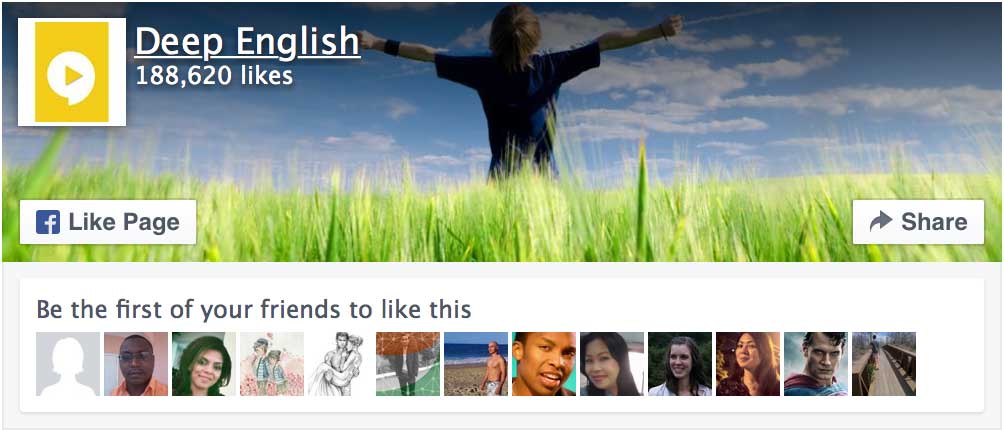Humans are herd animals. We often look to the likes and dislikes of crowds to help us make our decisions. Of course, following the crowds can often lead us the wrong way. The expression, “Don’t be a lemming,” means, “Don’t just follow the crowd. Be an individual.”
Lemmings are small rodents that live in the Arctic. They are believed to blindly follow crowds of other lemmings off of cliffs, falling to their death. This is, in fact, a myth. It was started by a 1958 Disney documentary, which showed a crowd of lemmings seemingly committing mass suicide. In reality, the producers used clever camera tricks to hide the fact that they were forcing the animals to run off the cliffs to their deaths.
Despite the cruel origin of the lemming myth, humans often do make decisions based on the movements of large groups. This is basic human psychology that many businesses and governments take advantage of. We’ve all seen lines of people waiting for hours and sometimes days to be the first customers to buy a new iPhone. These lines create news stories, which create more sales for popular companies like Apple.
One Polish company wanted to take advantage of new iPhone excitement but worried that there wouldn’t be enough real customers. The solution they found was to pay actors to line up outside of their stores and pretend to be customers.
An LA-based company called Crowds On Demand has created a whole business out of providing fake crowds. They offer fake fans for wannabe celebrities, fake customers for businesses, and even fake protesters for demonstrations. Sadly, even some politicians are using paid fans and paid protestors. According to some reports, Anthony Weiner, a disgraced US congressman, used paid actors from Crowds on Demand to pretend to be political supporters.
Actors who work for Crowds on Demand are paid $15 an hour, but in the future, fake fans may work for free. In Korea, the Hanwha Eagles are now using ‘fanbots’ to fill their stadiums and build excitement. The Eagles aren’t attempting to use their robot supporters to trick people, but as robots begin to look more and more like real humans, maybe this will be the next level of crowd psychology manipulation. What about you? How much are you influenced by crowds?
Read More:
Polish Cell Phone Company Hires Fake Iphone Buyers
Lemming Suicide Is A Myth That Was Perpetuated By Disney


Thank you for supporting us!